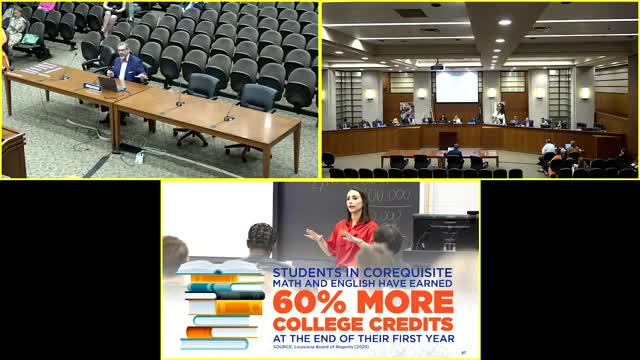Article not found
This article is no longer available. But don't worry—we've gathered other articles that discuss the same topic.
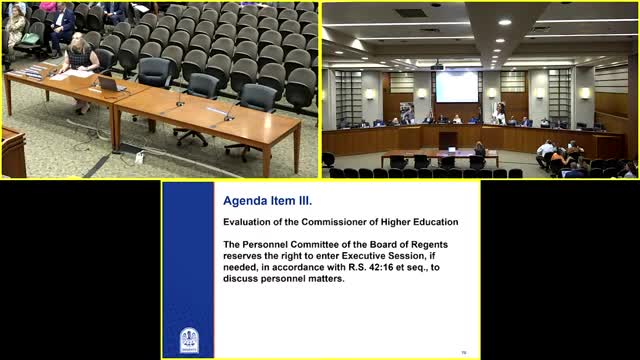
Personnel committee approves commissioner’s annual evaluation; executive session used for review
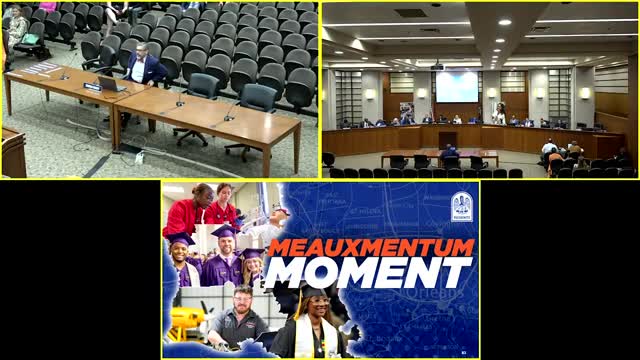
Board unveils 'Momentum Moment' master plan progress: 52.5% attainment, 80,000 annual completers
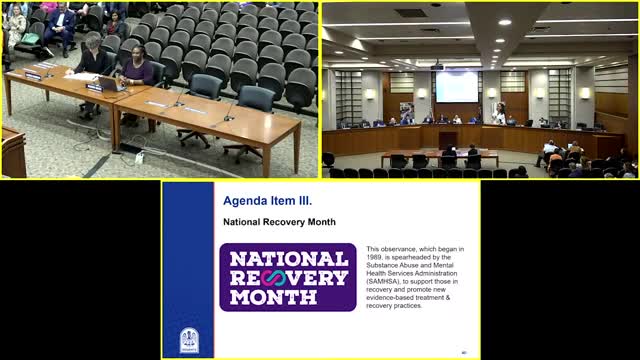
Board highlights expansion of collegiate recovery programs during National Recovery Month; eight campuses now participating
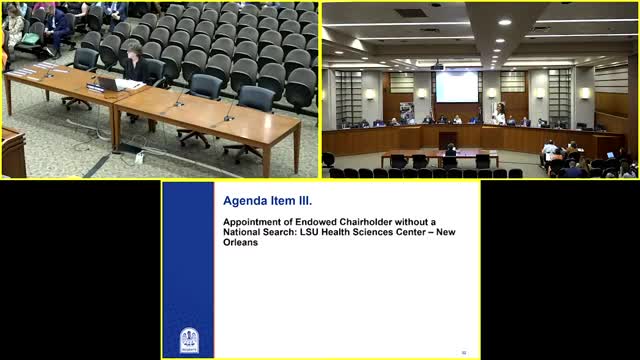
Regents' Research committee approves internal appointment to endowed chair and revises Support Fund timeline ahead of possible repeal
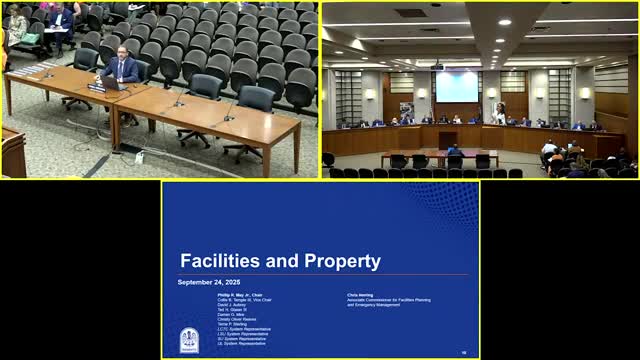
Regents' Facilities committee approves $1.7M Act 959 restroom renovation at LSU Student Union
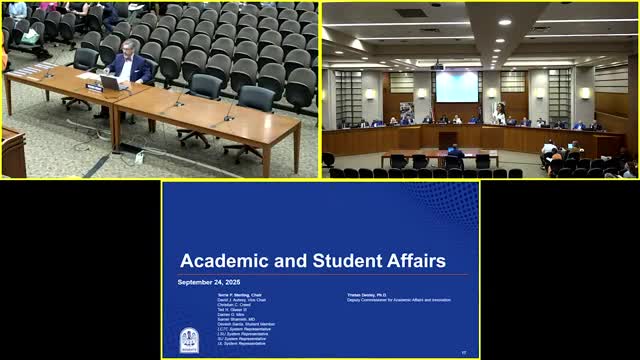
Board approves year‑one academic planning list, program terminations and cooperative academic arrangements to address low‑producing programs
